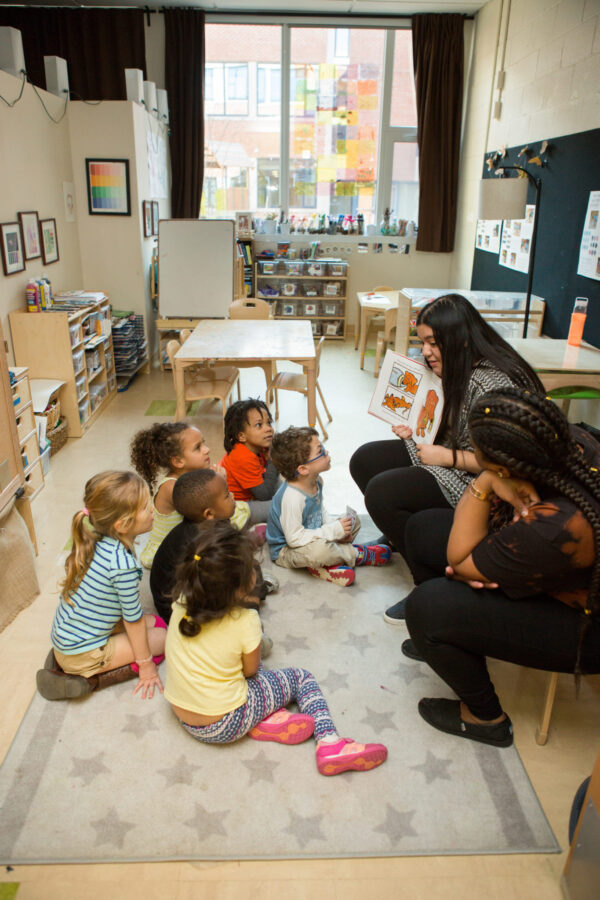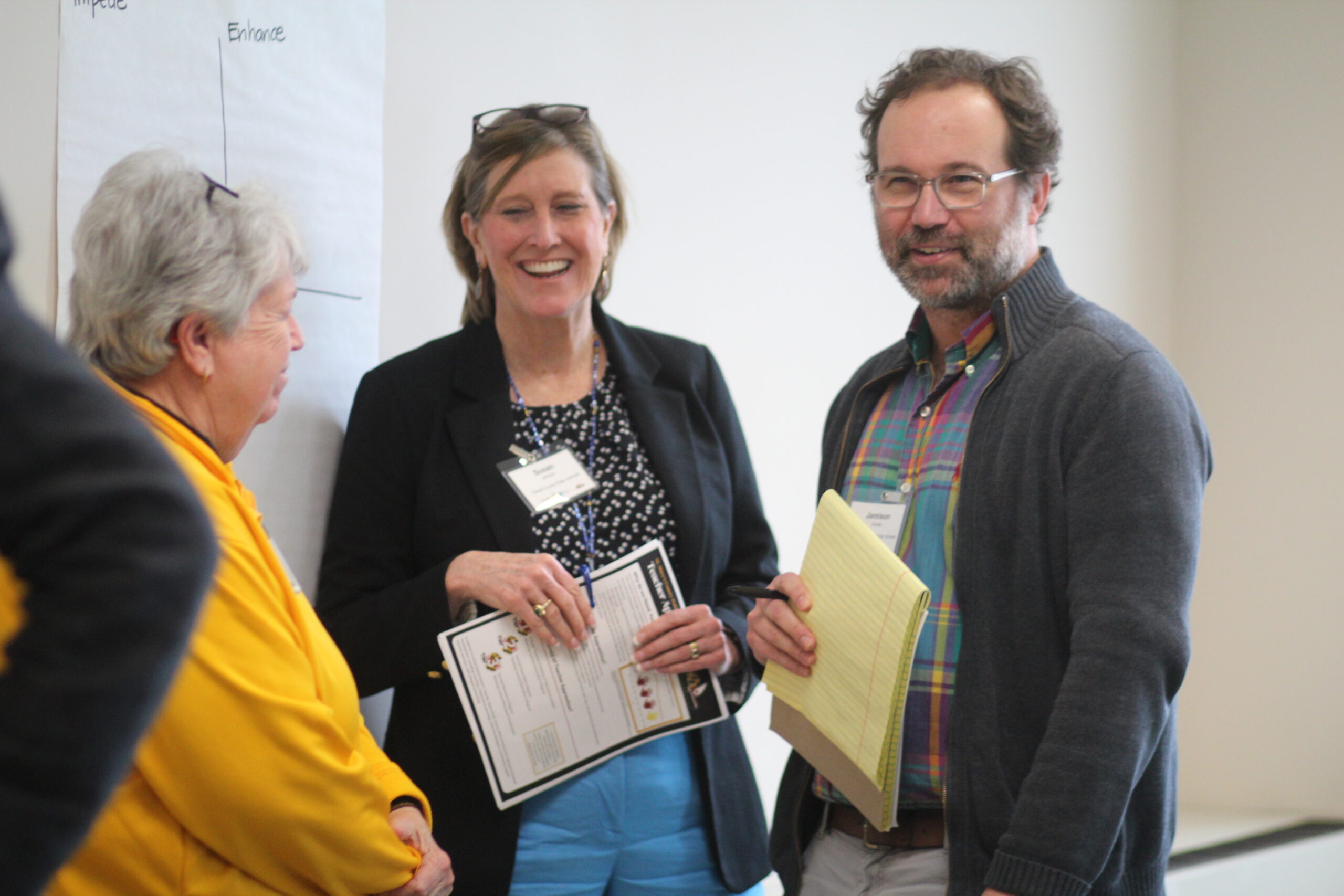
Photo by Allison Shelley/The Verbatim Agency for EDUimages
Early childhood education and care has been a priority issue across the globe for more than a decade. Jurisdictions have committed to both expand provision and raise quality, propelled by a range of goals: enabling more women to enter the workforce, providing early support for children from less advantaged backgrounds to try to level the playing field before they enter compulsory school, and offering a high-quality learning environment for all young children.
The pandemic has highlighted the need to advance this agenda, shining a light on critical issues in education access and the tight connection between early childhood education and care and economic success for families and educational and social success for students. This has led to significant reforms in many jurisdictions. Canada, for example, created a long-promised federal program to support the development of universal child care across its provinces and territories last spring, with an initial investment of CAN$30 billion (US$24 billion) towards creating a system that guarantees childcare to all families at a cost of CAN$10/day (US$8/day). Ontario was the last province to sign onto this plan just this month. Canada’s program was driven by the need to provide affordable childcare for working parents, but also funds training for new and existing staff to ensure quality programming.
China announced in its latest five-year domestic policy plan that it will triple the public child care spaces for children under age 3 by 2025. Currently, there are spaces in public kindergartens for most 3- to 6-year-olds in the country but a severe shortage of affordable child care for children younger than that. China is also creating a new set of positions for early childhood educators, with an aim of building a stronger profession with more possibilities for advancement and development of expertise.
Australia boosted subsidies for childcare last spring, expanding support for low- and middle-income families with multiple children in care as part of an effort to jumpstart an economy impacted by the pandemic. It also expanded its investments in its Early Years Education Program which aims to connect disadvantaged children ages 0-3 with child care and health, nutrition and social services. This was announced as part of a broad Early Childhood Package of programs in February, which also included programs to support young Aboriginal and Torres Strait Islander children.
For more on how top performing countries are expanding early childhood education and care, see NCEE’s Early Advantage study and our profiles of top-performing education systems.




